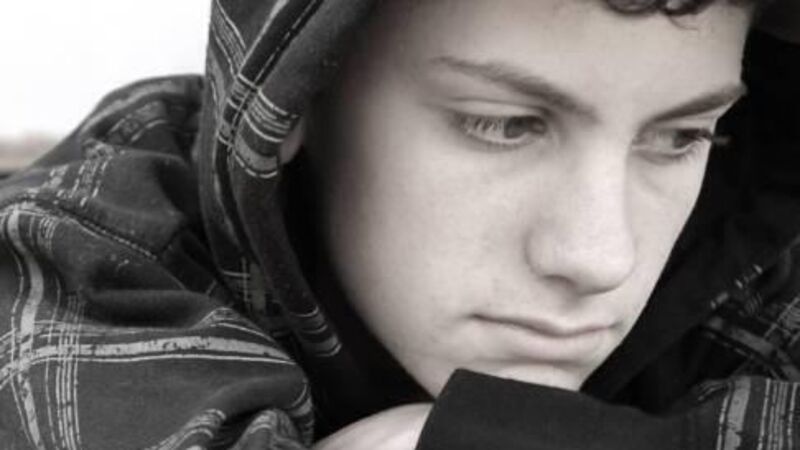Study finds Ireland's young teens have fewer friends than teenagers a decade ago

Mothers are more likely to report that 13-year-olds have problems interacting with peers.
Ireland’s 13-year-olds have fewer friends and more problems interacting with peers, according to new research.
A study by the Economic and Social Research Institute (ESRI) shows, however, that they are also getting on better with their parents.













